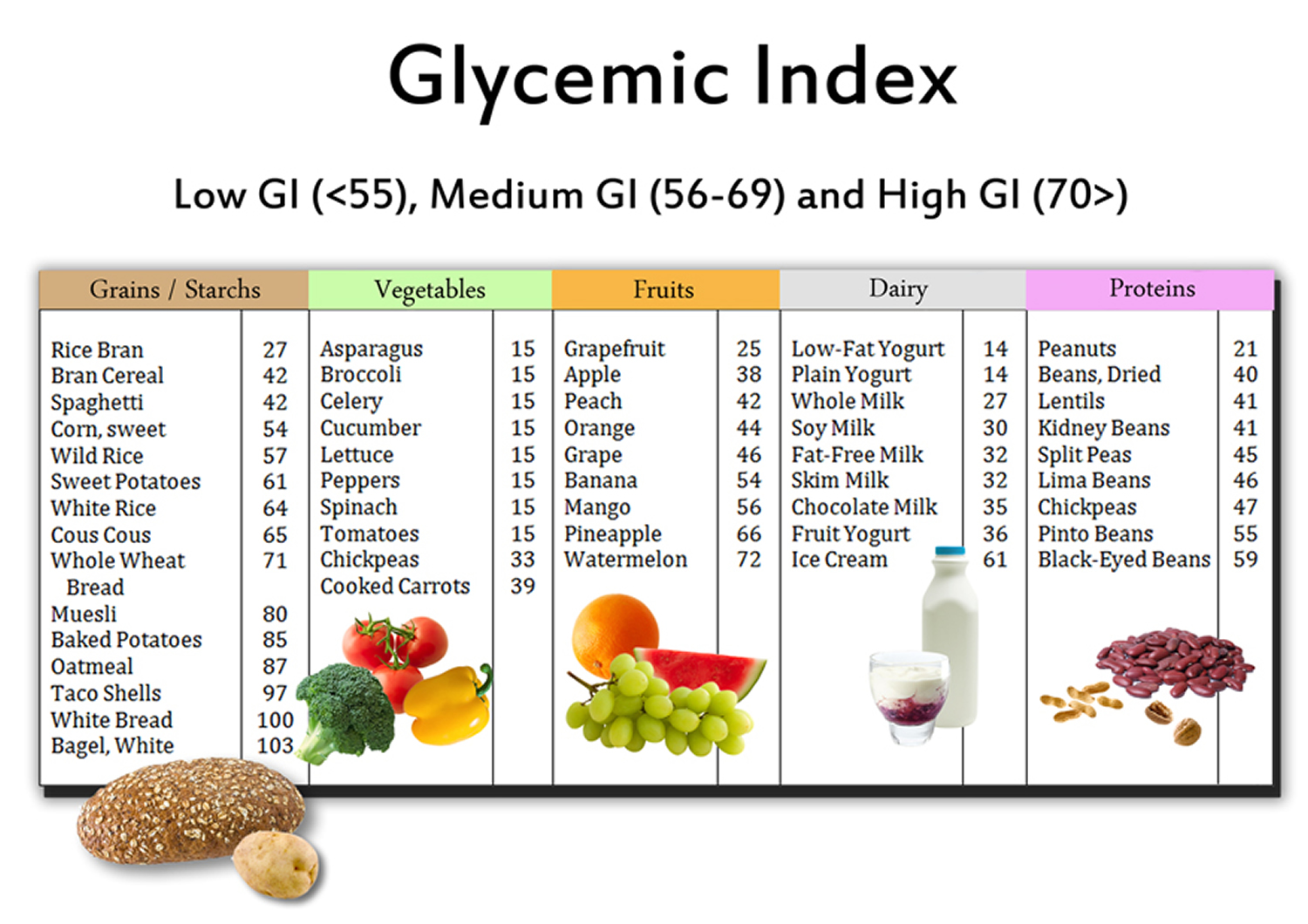Diabetes management is a critical aspect of maintaining a healthy lifestyle for individuals living with this chronic condition. Diet plays a crucial role in managing blood sugar levels and preventing complications associated with diabetes. Among the various dietary choices, legumes emerge as a beneficial food group that offers numerous advantages for individuals with diabetes. In this article, we will explore five key pieces of information highlighting the benefits of legumes for diabetes management.
1, Low Glycemic Index.
Legumes, including lentils, chickpeas, and kidney beans, have a low glycemic index (GI). The glycemic index is a measure of how quickly a carbohydrate-containing food raises blood sugar levels after consumption. Foods with a low GI are digested and absorbed more slowly, leading to a gradual and steady increase in blood glucose levels.
Consuming low-GI foods, such as legumes, can be beneficial for individuals with diabetes or those looking to manage their blood sugar levels. The slow and steady release of glucose into the bloodstream helps prevent sharp spikes in blood sugar, which can be problematic for diabetic individuals. By choosing low-GI foods, people can better regulate their blood glucose levels and maintain more stable energy throughout the day.
Additionally, legumes are also a good source of dietary fiber and protein, which further contribute to their beneficial effects on blood sugar control. The fiber content in legumes slows down digestion and helps to regulate the release of glucose into the bloodstream. This can assist in maintaining stable blood sugar levels and promote feelings of fullness, which may aid in weight management.
Overall, incorporating legumes into the diet is a nutritious choice for individuals concerned about blood sugar control, particularly those with diabetes or at risk of developing the condition.
2, High in Fiber.
Legumes are indeed an excellent source of dietary fiber. The high fiber content in legumes offers various benefits for blood sugar control and overall health.
Firstly, the fiber in legumes helps slow down the digestion and absorption of carbohydrates, including sugars. This slow digestion process leads to a gradual release of glucose into the bloodstream, preventing rapid spikes in blood sugar levels. This is particularly important for individuals with diabetes, as it helps maintain more stable blood glucose levels.
Moreover, the fiber in legumes, both soluble and insoluble, plays a role in improving insulin sensitivity. Insulin sensitivity refers to the body's ability to respond effectively to insulin and regulate blood sugar levels. By enhancing insulin sensitivity, fiber can assist in improving blood glucose control and reducing the risk of insulin resistance, a common factor in type 2 diabetes.
Additionally, the high fiber content in legumes promotes a feeling of fullness or satiety. When consumed, legumes can help curb appetite and prevent overeating, which can contribute to weight management. Maintaining a healthy weight is crucial for diabetes control, as excess body weight can impair insulin function and worsen blood sugar management.
Incorporating legumes, with their high fiber content, into a balanced diet can be beneficial for individuals with diabetes or those looking to manage their blood sugar levels. It's important to note that while legumes are an excellent source of fiber, it's also necessary to consider the overall balance of the diet and consult with a healthcare professional for personalized dietary recommendations.
3, Nutrient-Rich.
Legumes are indeed nutrient-rich and offer a wide array of essential nutrients that contribute to overall health. Here are some key nutrients found in legumes:
Plant-based Protein: Legumes are an excellent source of plant-based protein, making them a valuable addition to the diet, especially for individuals with diabetes. Unlike carbohydrates, protein has minimal impact on blood sugar levels. Protein plays a crucial role in various bodily functions, including tissue repair, hormone production, and immune function.
Complex Carbohydrates: While legumes do contain carbohydrates, they predominantly consist of complex carbohydrates, which are digested more slowly compared to simple sugars. This slower digestion helps prevent rapid spikes in blood sugar levels and provides a steady release of energy. The complex carbohydrates in legumes contribute to their low glycemic index, making them a suitable choice for individuals with diabetes.
Vitamins: Legumes are rich in several vitamins, including folate (also known as vitamin B9). Folate is essential for the production and maintenance of new cells, and it plays a crucial role in preventing certain birth defects. Legumes also contain other B vitamins, such as thiamin, riboflavin, and niacin, which are involved in energy metabolism.
Minerals: Legumes are a good source of minerals like magnesium, potassium, and iron. Magnesium is involved in over 300 biochemical reactions in the body and plays a role in regulating blood sugar levels. Potassium is important for maintaining proper heart function and blood pressure. Iron is vital for the production of red blood cells and preventing iron-deficiency anemia.
Antioxidants: Legumes contain various antioxidants, such as flavonoids and polyphenols, which help protect the body against oxidative stress and inflammation. Antioxidants have been associated with a reduced risk of chronic diseases, including heart disease and certain types of cancer.
Incorporating legumes into the diet can provide a range of essential nutrients that support overall well-being. They offer a plant-based protein source with minimal impact on blood sugar levels, along with complex carbohydrates, vitamins, minerals, and antioxidants. As always, it's important to consider the overall balance of the diet and individual nutritional needs. Consulting with a healthcare professional or registered dietitian can provide personalized guidance on incorporating legumes into a diabetes-friendly meal plan.
4, Heart Health Promotion.
Including legumes in the diet can contribute to better heart health, which is particularly important for individuals with diabetes, as they are at an increased risk of developing heart disease. Here's how legumes can promote heart health:
Low in Saturated Fat: Legumes are naturally low in saturated fat, which is a type of fat that can raise LDL (bad) cholesterol levels and increase the risk of heart disease. Consuming foods low in saturated fat, such as legumes, helps maintain healthy cholesterol levels and supports heart health.
High in Soluble Fiber: Legumes are an excellent source of soluble fiber, which has been shown to have cholesterol-lowering effects. Soluble fiber forms a gel-like substance in the digestive tract, which helps trap cholesterol and prevents its absorption into the bloodstream. By lowering LDL cholesterol levels, soluble fiber reduces the risk of heart disease.
Plant-Based Protein: Legumes provide a healthy alternative to animal-based protein sources, such as red meat, which is often high in saturated fat. Replacing some animal protein with plant-based protein, like legumes, can help lower the overall intake of saturated fat and promote heart health.
Nutrient Profile: Legumes contain various nutrients, such as magnesium and potassium, which play a role in maintaining healthy blood pressure levels. High blood pressure is a significant risk factor for heart disease, and consuming legumes as part of a balanced diet can contribute to better blood pressure control.
By incorporating legumes into the diet, individuals with diabetes can take advantage of their heart-healthy benefits. Including legumes as a regular part of meals can help lower LDL cholesterol levels, reduce saturated fat intake, and support overall heart health. However, it's important to note that a holistic approach to heart health, which includes regular physical activity, maintaining a healthy weight, and managing blood sugar levels, is crucial for individuals with diabetes. Consulting with a healthcare professional or registered dietitian can provide personalized guidance on incorporating legumes into a heart-healthy and diabetes-friendly meal plan.
5, Weight Management.
Weight management is an important aspect of diabetes management, and legumes can be beneficial in this regard. Here's how legumes can support weight management:
High Fiber Content: Legumes are rich in dietary fiber, both soluble and insoluble. Fiber adds bulk to the diet and provides a feeling of fullness, which can help reduce appetite and prevent overeating. By promoting satiety, legumes can assist in controlling calorie intake and managing weight.
Reduced Calorie Density: Legumes have a relatively low calorie density, meaning they provide fewer calories per gram of food compared to many other foods. This can be advantageous for weight management, as it allows for the consumption of a satisfying portion size with fewer overall calories.
Protein-Rich: Legumes are an excellent plant-based source of protein. Protein is known to promote feelings of fullness and can help reduce appetite. Additionally, protein plays a crucial role in building and repairing tissues, including muscles. By including legumes in the diet, individuals can obtain protein while managing their calorie intake, which can be particularly helpful for weight management.
Boosting Metabolism: Protein has a higher thermic effect than carbohydrates or fats, which means that the body expends more energy to digest and process protein. This increased energy expenditure can have a positive effect on metabolism. By including legumes, rich in protein, in the diet, individuals may experience a slight boost in metabolism, potentially aiding in weight management.
It's important to note that while legumes can be beneficial for weight management, it's also crucial to consider the overall balance of the diet and incorporate other healthy lifestyle practices such as regular physical activity. Additionally, individual dietary needs may vary, so consulting with a healthcare professional or registered dietitian can provide personalized guidance on incorporating legumes into a diabetes-friendly and weight management-focused meal plan.
In conclusion, legumes offer a range of benefits for individuals with diabetes, making them a valuable addition to a well-balanced diet. With their low glycemic index, high fiber content, and abundance of essential nutrients, legumes can help regulate blood sugar levels, promote heart health, support weight management, and contribute to overall well-being. By incorporating legumes into their meals, individuals with diabetes can optimize their nutritional intake and enhance their diabetes management efforts. As always, it is advisable to consult with healthcare professionals to receive personalized dietary guidance tailored to individual needs and medical conditions. Embracing the benefits of legumes can be a positive step towards effective diabetes management and improved overall health.



:max_bytes(150000):strip_icc()/ways-to-prevent-congestive-heart-failure-3859866-Final-618f35bb132a421cbaf6f49a4077c9de.jpg)

Comments
Post a Comment